TEMPO.CO, Jakarta - Omar Yaghi, a U.S.-Jordanian scientist of Palestinian descent who was born and raised in a refugee camp in Jordan, has been awarded the 2025 Nobel Prize in Chemistry for pioneering a new form of molecular architecture with the potential to help combat climate change.
The Nobel Committee honored Yaghi, 60, along with Susumu Kitagawa and Richard Robson for their development of metal-organic frameworks (MOFs) — intricate molecular structures capable of capturing, storing, or breaking down gases and hazardous chemicals.
According to the Nobel Academy, as cited by Middle East Eye, MOFs can be used to “harvest water from desert air, capture carbon dioxide, store toxic gases or catalyse chemical reactions.”
The committee added that their discovery “may contribute to solving some of humankind’s greatest challenges.”
In a phone interview with Adam Smith, head of scientific affairs for Nobel Prize Outreach, Yaghi said he felt “astonished, delighted, overwhelmed” upon receiving the news. Smith noted that Yaghi might be the first Nobel laureate born in Jordan.
From Refugee Camp to World Stage
Born in 1965 to Palestinian refugee parents in Amman, Jordan, Yaghi grew up in a small home above his father’s meat shop. Their house had no electricity or running water, and both his parents had limited education. His father completed only six years of elementary school, while his mother could not read or write.
“I grew up in a very modest home,” Yaghi recalled. “There were dozens of people in a small room, sharing space with the animals we raised. I was born into a refugee family, and my parents could barely read or write.”
Reflecting on his journey, he said, “Science enables you to do that. Science is the greatest equalizing force in the world. The smart, the talented, the skilled are everywhere. That’s why we need to focus on maximizing their potential.”
Journey to the United States
At 15, encouraged by his father, Yaghi left Jordan for the United States to pursue an education. Settling alone in Troy, New York, he studied English, mathematics, and science at Hudson Valley Community College while supporting himself by bagging groceries and mopping floors.
He graduated in 1985 with a Bachelor of Science degree in chemistry and went on to earn his Ph.D. from the University of Illinois at Urbana-Champaign in 1990. After a postdoctoral fellowship at Harvard University under the National Science Foundation, Yaghi joined the faculty at Arizona State University in 1992, later moving to the University of Michigan in 1999 and UCLA in 2007.
In 2012, he became a professor of chemistry at the University of California, Berkeley, and served as director of the Molecular Foundry at the Lawrence Berkeley National Laboratory. He also founded the Berkeley Global Science Institute, which supports young scientists through international collaborations.
“I fell in love with chemistry early on,” Yaghi said. “I didn’t like classes, but I loved the lab.”
Under his leadership, the Berkeley Global Science Institute established research centers across several countries, including Vietnam, Saudi Arabia, Japan, Jordan, South Korea, Argentina, Malaysia, and Indonesia.
Global Recognition
Jordan’s King Abdullah II congratulated Yaghi in a post on X (formerly Twitter), writing, “Proud of Jordanian scientist Professor Omar Yaghi, for winning the 2025 Nobel Prize in Chemistry. His achievement is Jordan’s pride.”
Palestinian journalist Mohammed Shehada also praised Yaghi’s achievement, highlighting the “terrible conditions” of his upbringing and lamenting the loss of “hundreds” of scholars in Gaza due to ongoing conflict.
Heiner Linke, chair of the Nobel Chemistry Committee, described the scientists’ work as revolutionary, saying they “found ways to create materials, entirely novel materials, with large cavities on their inside which can be seen almost like rooms in a hotel, so that guest molecules can enter and also exit again from the same material.”
Some MOFs, he explained, possess extraordinarily large surface areas — a single sugar-cube-sized sample could have the surface area of a soccer field.
Linke likened this to “Hermione’s handbag in Harry Potter,” capable of storing “large amounts of gas in a very small volume.”
He added that the discovery “opens previously unforeseen opportunities for tailor-made materials with new functions.”
Summing up his approach to science, Yaghi said, “I set out to build beautiful things and solve intellectual problems.”
Editor’s Choice: Trio Wins Nobel Prize in Medicine for Immune System Research
Click here to get the latest news updates from Tempo on Google News








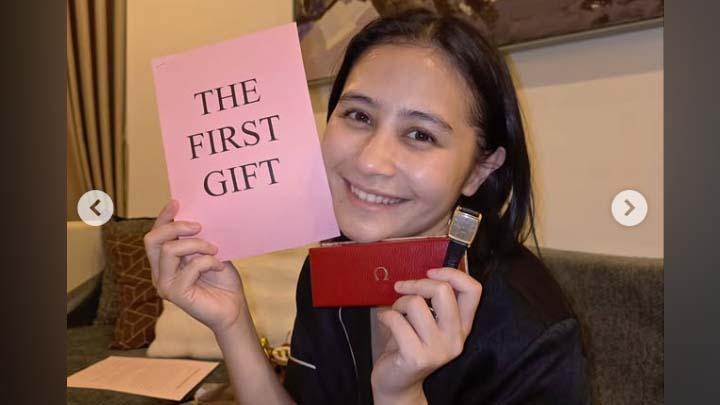



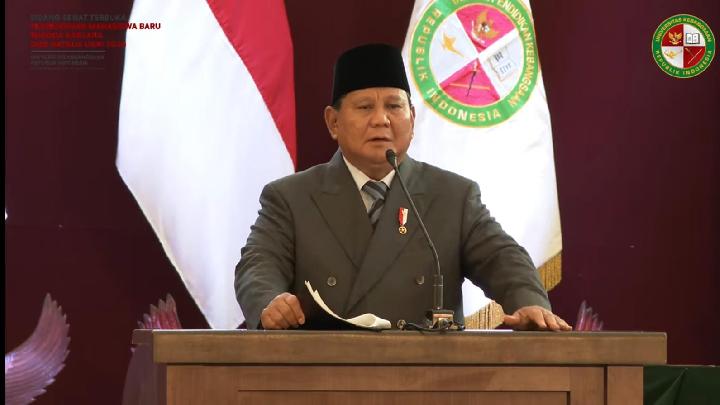
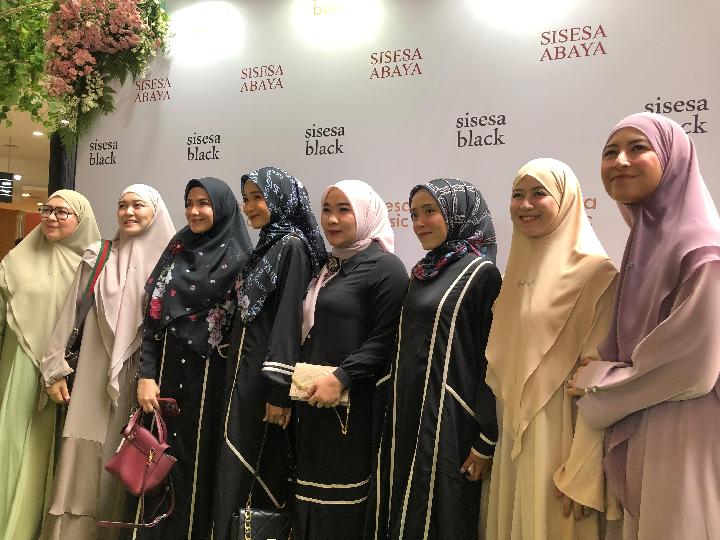




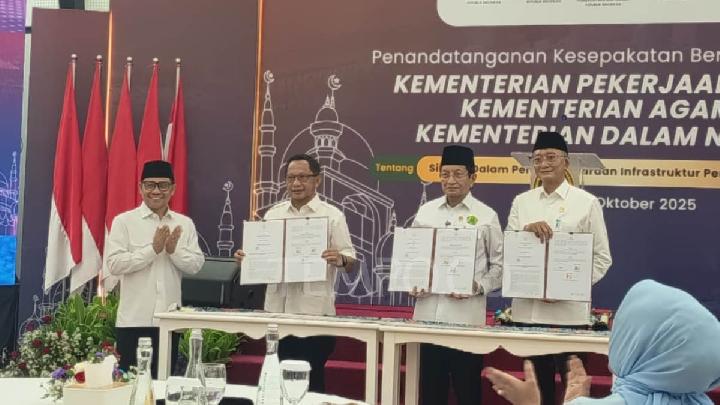












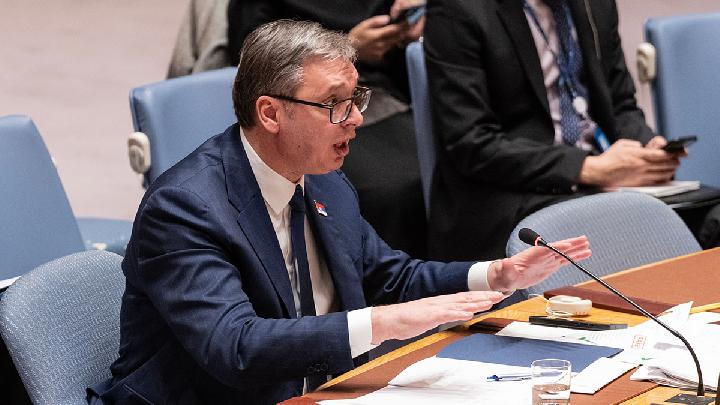

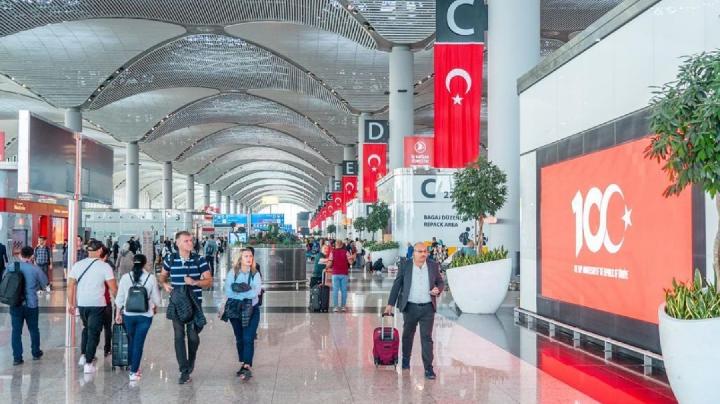


:strip_icc():format(jpeg)/kly-media-production/medias/5109984/original/014787400_1737901129-medium-shot-girl-helping-brother_23-2148748684.jpg)

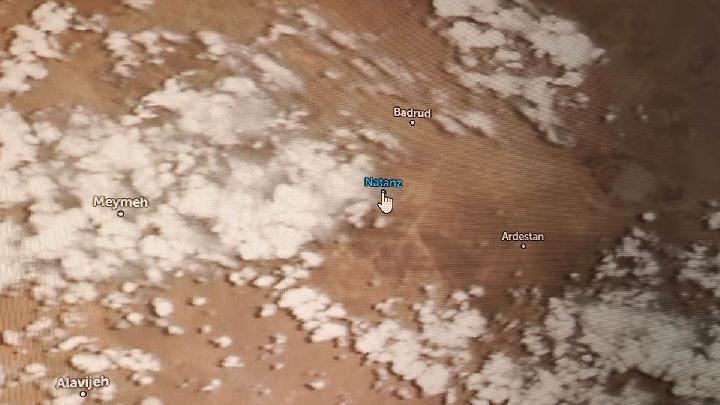



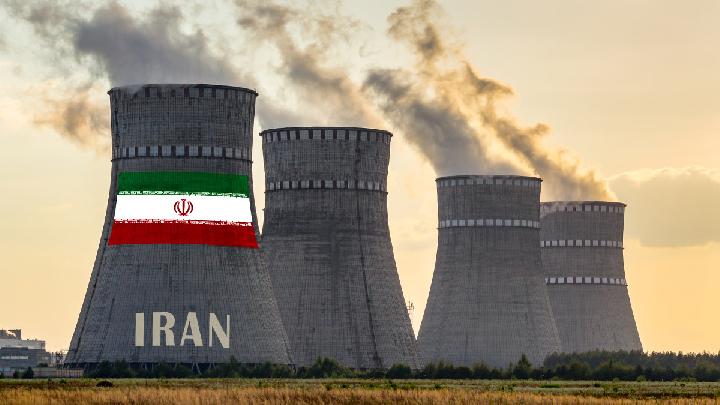


:strip_icc():format(jpeg)/kly-media-production/medias/5238090/original/074714200_1748671861-family-spending-time-together-mother-with-four-kids-standing-holding-hands-against-white-suv-car.jpg)
:strip_icc():format(jpeg)/kly-media-production/medias/5265873/original/051498900_1750934466-WhatsApp_Image_2025-06-20_at_19.09.02_1_.jpeg)

:strip_icc():format(jpeg)/kly-media-production/medias/5237589/original/092987300_1748596794-Ibu_hamil.jpg)
:strip_icc():format(jpeg)/kly-media-production/medias/5261980/original/057446900_1750732334-front-view-sad-girl-with-hair-comb.jpg)
